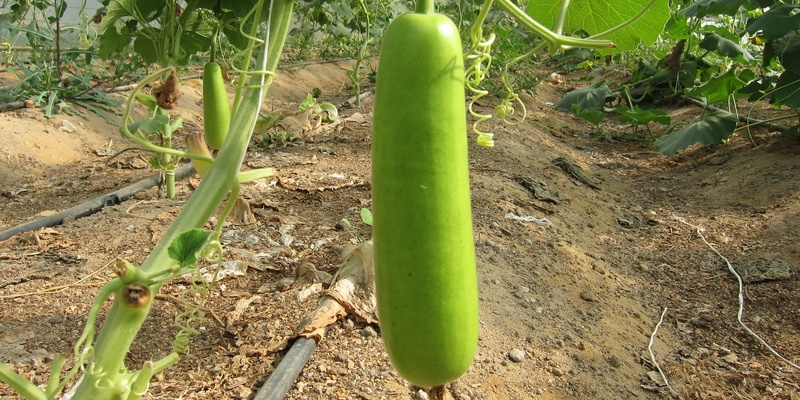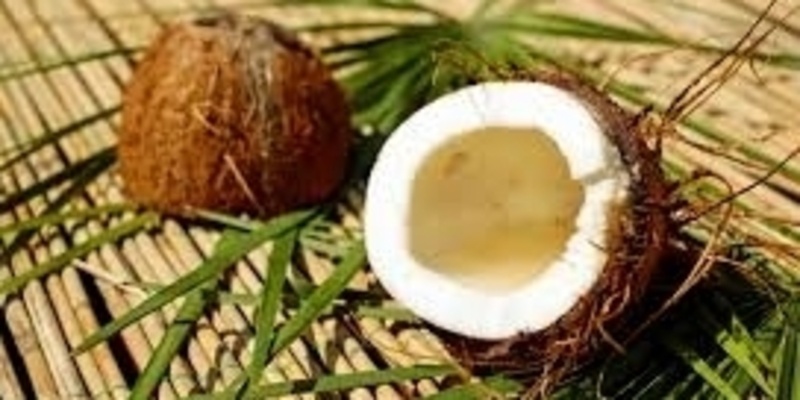Reverse Fatty Liver & Don't Stress On It
Millions of people around the world suffer from fatty liver disease. It occurs when excess fat builds up in the liver, causing inflammation and possible liver damage. Although it can be caused by a variety of factors, including alcohol consumption and certain medications, the most common type of fatty liver is non-alcoholic fatty liver disease (NAFLD), which is linked to lifestyle factors such as poor diet and deficiency. Fortunately, there are nutritional resources to help repair liver damage. By making certain changes in your diet, you can reduce the amount of fatty liver and improve liver function. What is fatty liver? Fatty liver is a common disease caused by excessive fat accumulation in the liver. Although some people may not experience noticeable symptoms, the accumulation of fat can cause serious liver damage in others. However, the good news is that fatty liver disease is often preventable and reversible through simple lifestyle modifications. Grades of Fatty Liver? Fatty liver disease is categorized into four grades based on the amount of fat buildup in the liver. Grade 0: It means no fat is present in the liver, and it appears normal. In other words, it is free from fatty liver disease. Grade 1: This indicates mild fat accumulation in the liver with a slightly brighter appearance on imaging. Grade 2: It represents moderate fat accumulation in the liver with more pronounced changes on imaging. Grade 3: This indicates severe fat accumulation in the liver. What foods should you eat? The following list gives you a gateway to eating foods that are good for you if you have fatty liver disease: Doctors often recommend the Mediterranean diet to individuals with fatty liver disease. The Mediterranean diet emphasizes a high intake of vegetables, fruits, and healthy fats. Foods to include in a liver-friendly diet include whole grains, nuts, and legumes. Lean meats should be consumed in moderation and red meats should be avoided. Sweets and added sugars should be limited. What foods should you avoid? Here is a list of foods to avoid if you have fatty liver disease: Sugary beverages like soda, juice, lemonade, and sports drinks should be avoided. Red meats, cold cuts, bacon, and other processed meats should be limited in the diet. Butter should also be limited, and foods containing trans fats like fried foods, such as french fries, fried chicken, and doughnuts, processed snacks, such as crackers and chips and baked goods, such as cakes, cookies, and pastries should be avoided completely. Tips for Following the Fatty Liver Diet ~ Focus on a whole-food, plant-based diet: Include plenty of vegetables, fruits, whole grains, nuts, and legumes in your diet. These foods are rich in fiber, vitamins, and minerals, and low in saturated and trans fats, which can be beneficial for individuals with fatty liver disease. Limit or avoid processed foods: Processed foods, such as fast food, snacks, and baked goods, often contain high amounts of sugar, unhealthy fats, and additives that can worsen fatty liver disease. Processed foods often contain high levels of fructose, unhealthy fats such as trans fats and saturated fats, and additives like high fructose corn syrup, which can increase the amount of fat deposited in the liver and contribute to liver inflammation. Choose lean protein sources: Opt for lean protein sources such as skinless poultry, fish, beans, and lentils over red meats and processed meats, which are high in saturated fats. These foods are high in protein, iron, and fiber. Avoid sugary beverages: Sugary beverages such as soda, juice, lemonade, and sports drinks can contribute to the development of fatty liver disease. Sugary and carbonated drinks contain large amounts of fructose and other sugars. When consumed in excess, these sugars are processed in the liver and converted into fat, which leads to the accumulation of fat in the liver cells. Choose water, unsweetened tea, or coffee instead. Make sure of your portions: Eating too much can cause weight gain and increase the risk of fatty liver disease. Watch your portions and consider using smaller plates or bowls to control portions. Large portions can promote weight gain and obesity, which are risk factors for fatty liver disease. When we eat more calories than our body needs, the extra calories are stored as fat in the liver and other organs, leading to fatty liver disease. Limit alcohol: Drinking too much alcohol can damage the liver and make obesity worse. If you choose to drink, do so in moderation and always talk to your doctor first. It is important to note that the American Liver Foundation recommends avoiding alcohol completely, especially for those with alcoholic fatty liver disease. Exercise: Regular physical activity can help with weight loss, improve insulin sensitivity, and reduce the risk of fatty liver. Try to exercise at a moderate level for at least 30 minutes five days a week. Remember that simple lifestyle changes can prevent and even reverse fatty liver disease. Always talk to your doctor before making any major changes to your diet or exercise routine.


